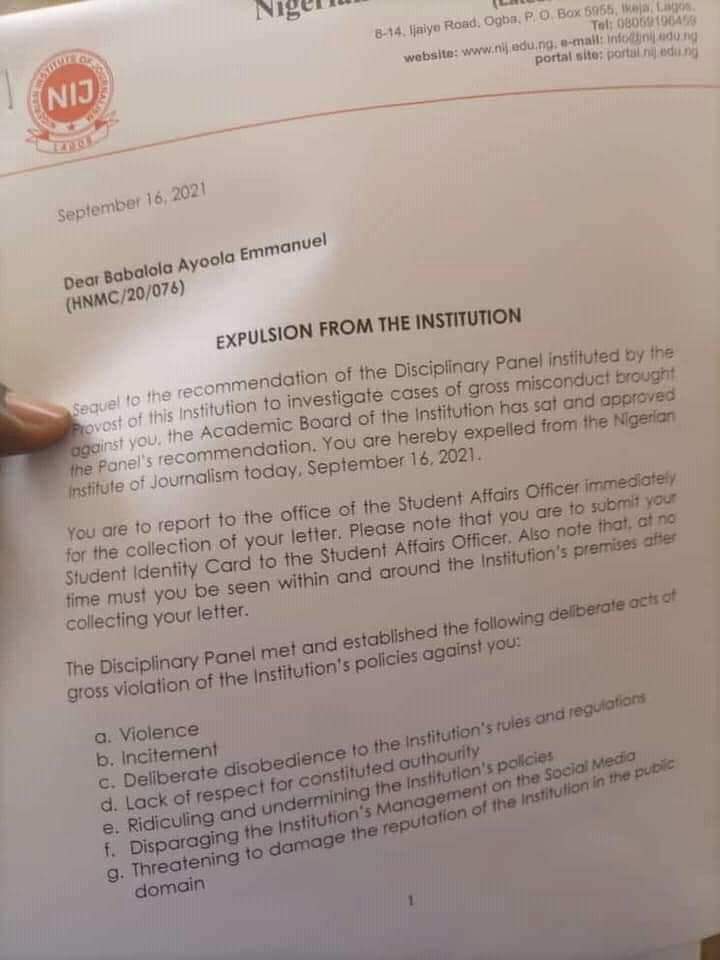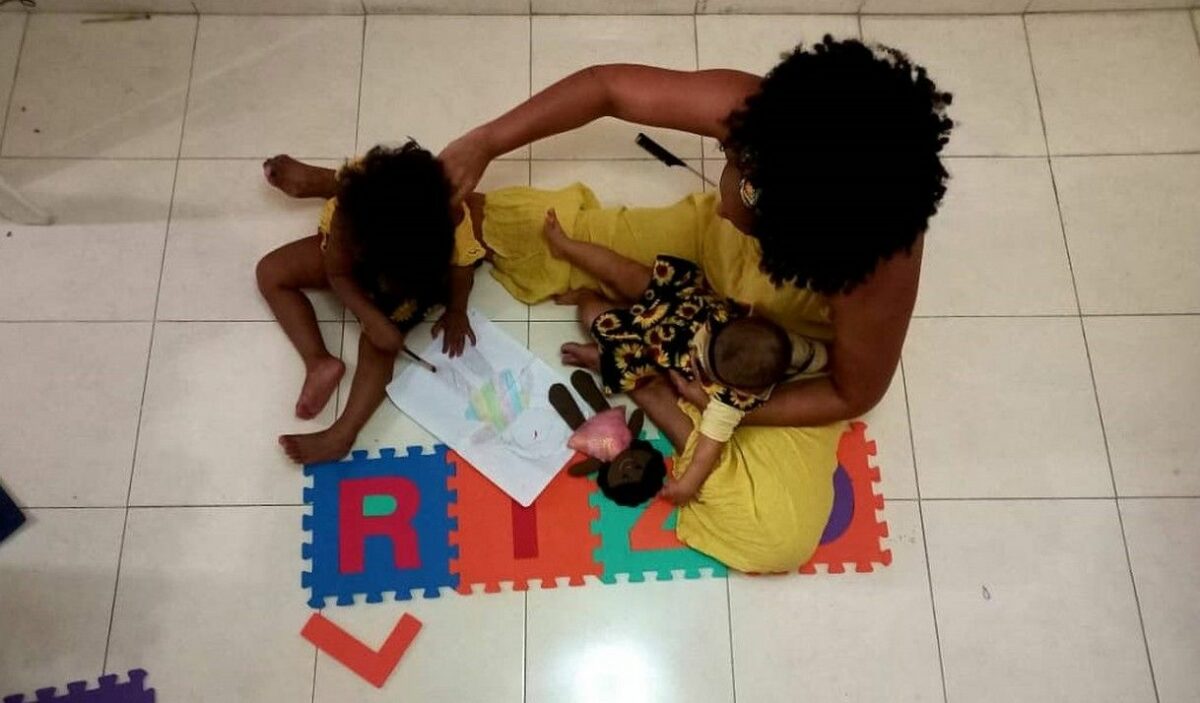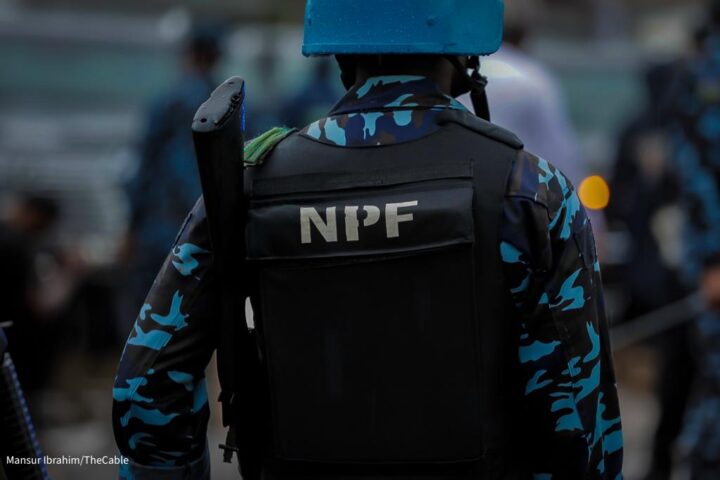The Nigerian Institute of Journalism (NIJ) has expelled Babalola Ayoola, a student at the school, for publishing her exam rules and a conversation with Patricia Kalesanwo, her registrar.
In a letter released on September 16, the management, acting on the recommendation of a disciplinary panel set up to review Ayoola’s actions, accused him of violence, incitement and deliberate disobedience to the institution’s rules and regulations.
It also accused him of disrespecting an established authority, ridiculing and undermining the institution’s policies, denigrating its management on social media and threatening to damage the school’s reputation.

HOW AYOOLA’S ORDEAL BEGAN
In a chat with FIJ, Ayoola said the institution had rusticated a fellow student a while back, a move perceived as unjust by several students who, alongside him, voiced their displeasure with the management’s decision. As a result, Kalesanwo invited him into his office.
“She said I should stop commenting on whatever happened on campus. I should just let it happen; that I was here to study and graduate when my peers were graduating. That was the advice, but it was a threat.
“When I got out of the meeting, I wrote a piece on our conversation. The school said the article was inciting. They said I embarrassed the registrar by making public the content of our discussion, even when I was under no oath of secrecy,” he told FIJ.
“The other article came out of a campus survey that collected 192 responses from an institution with fewer than 1,000 students. Over 90 percent of students were of the opinion that the Student Representatives Council (SRC) did not adequately represent them. In the article, I criticised the management and the SRC because I strongly believed the students’ concerns would have been properly taken care of by the SRC if it was functional.
“As the exams approached, the SRC was silent, but the management could not remain silent. There were rules and regulations placed on dockets and pasted around the campus on how students should conduct themselves. But while there were statements about how students should behave, we didn’t see anything about how staff should behave.
READ ALSO: ‘Almajiri Peoples Congress!’ — Six Times Fani-Kayode Attacked His New Party
“So I wrote a reminder to my peers about what they should know when they entered the examination room. I wrote that students should receive fair and civil treatment, and that a hurtful statement by lecturers was unacceptable.
“I also wrote that students should follow legitimate orders and ask questions when necessary. I said students who presented genuine medical records as reasons for going to the exam room late should be exempted from the 30-minute delay.
“I also wrote that no lecturer, under any circumstances, had the right to deny any student entry into the exam hall as punishment for an offence without trial by a panel. This means that no lecturer can withhold your paper or stop you from writing because you offended them,” he added.
NIJ SET UP PANEL TO PROBE AYOOLA
On September 9, Ayoola faced a panel to defend his position after two charges of unruly behaviour and incitement were brought against him. However, he said that the panel could not substantiate the allegations. He said the panel did not include Esther Eke, the student officer in charge of student welfare on campus. He also said his lawyer was not allowed to observe the proceedings.
He told FIJ that Mr. Oribamise, the panel’s chairman, agreed that the publications were not new materials created by him, but rules already in place. However, after the trial, he was expelled.
“The panel said, ‘There is nothing wrong with what you have written, but since you are not an authority in the school, writing this means you want to embolden the students to fight the management,'” he said.
Ayoola described the management’s decision as an affront to any progress Nigeria has made in terms of freedom of speech and expression.
“I consider the action a deliberate attempt to stifle free speech and ensure the institution never produces journalists that can question the status quo, because if you expel a student journalist for asking questions, you have justified the imprisonment of journalists by government,” he said.
Ayoola said he would drag the institution to court.
FIJ reached out to Esther Eke, the student officer, but she declined to comment. Also, the NIJ registrar did not respond to calls made to her telephone number or to a text message sent to her.
Subscribe
Be the first to receive special investigative reports and features in your inbox.






















